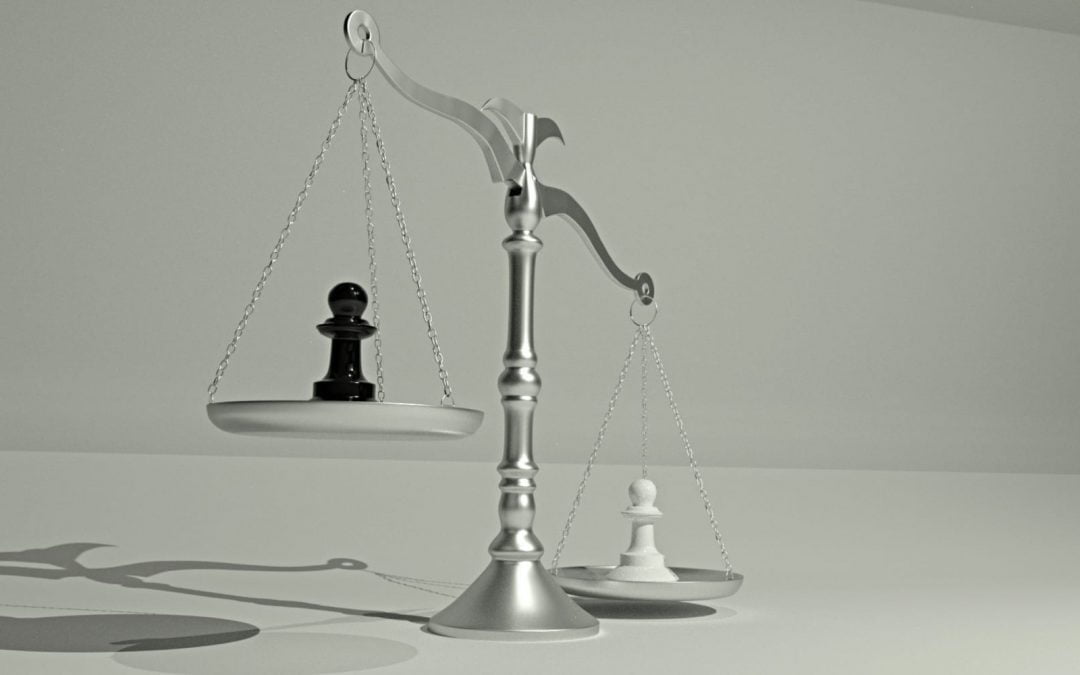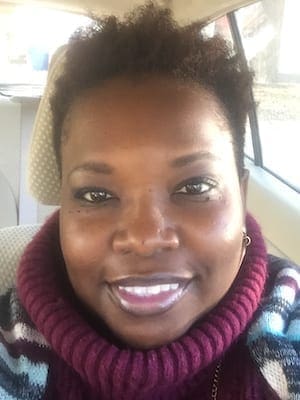A video of a father’s confession pertaining to his racial bias caught my attention while looking through my Facebook newsfeed recently.
Newscaster Frank Somerville shared his story of how he faced and continues to address his hidden racial biases.
Somerville – a news anchor at KTVU, a local Fox affiliate in Oakland, California – is the father of two young beautiful daughters.
What made his story interesting, while disrupting my normal routine of “bird watching” (what I call skimming my Facebook feed) is that one of his daughters is black, and he is white.
In the YouTube video published on Facebook, I saw a person become honest with, and about, themselves in the eyes of the public.
This public figure acknowledged his unconscious issue of racially profiling an individual without cause.
What made this newscaster acknowledge his issue with race? This awareness and action for change happened while he was driving to work.
He noticed a white woman waiting at a bus stop. He also noticed a black male walking near the bus stop.
Instead of seeing two individuals going about their day, Somerville decided to watch the activity of the man because he was black.
Without realizing in that moment that he was a father of a black child, his hidden bias draped in bigotry came to the surface.
He shared how embarrassed and disgusted he felt inside because of his quick decision to judge and characterize a person because of their skin color.
To add more salt to the wound, he thought about his black daughter and how this world judges her.
After that moment of addressing himself, he knew he had an issue and it needed to change.
What Somerville recognized and shared is something we all need to reflect on and discuss in community with others. Racial bias and myriad expressions of racism are a reality, so let’s talk about it.
We must ask ourselves how racial reconciliation can be addressed and why it is perceived as an uncomfortable discussion.
Why do we tend to avoid such questions? Could it be that we are afraid to see our true selves in the mirror?
We can blame social media for the flames of racial tension, however, these platforms can only fuel what is already lit in each of us. Racial reconciliation can only be truly addressed when we address ourselves.
So, let’s talk about how we see each other. Let’s talk about how we judge one another based on our race, gender, political group and other categorizations without truly knowing the individual.
As we observe Black History Month, let us first address the issues we have within.
We cannot truly honor the leaders of the civil rights movement, if we cannot address ourselves first. Change starts with me in order for racial reconciliation to be effective.
Martin Luther King Jr., along with other great agents of change, spoke to the masses for equity and reconciliation.
For these dreams to become a reality, we must understand what we need to change for racial reconciliation to happen.
Editor’s note: This article is part of a series focused on engaging the emerging generations of faith leaders. Learn more about EthicsDaily.com’s “Emerging Voices” and “U:21” series here. A version of this article first appeared on Gardner-Webb University’s John R. Dover Library blog. It is used with the author’s permission.
LaLeita Nicole Small is a second-year student at Gardner-Webb University School of Divinity for her Masters. She is president of the School of Divinity Student Association, a Cooperative Baptist Church Student.Church intern and an at-large scholar recipient, and fellowships with Mt. Calvary Baptist Church in Shelby, North Carolina.


